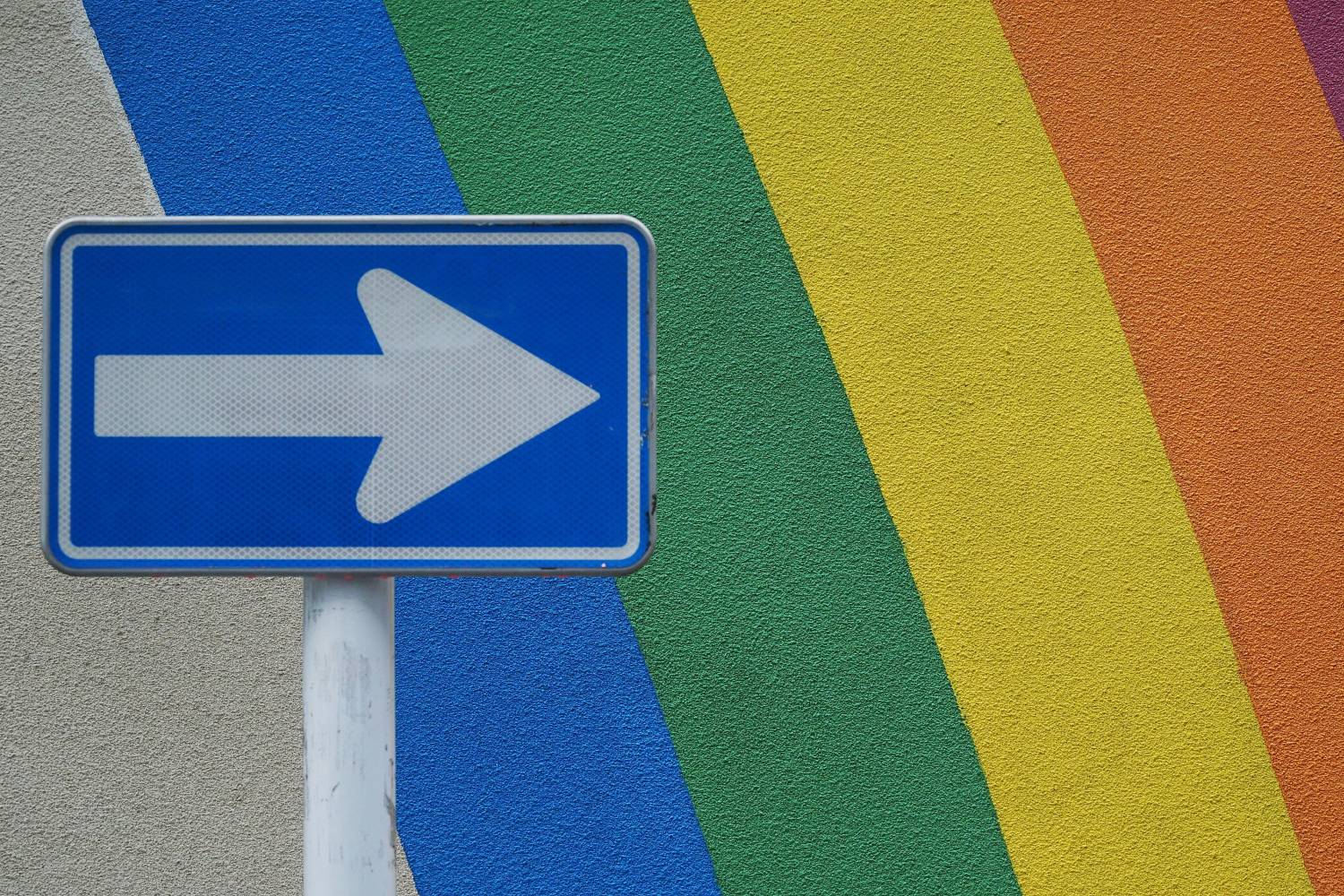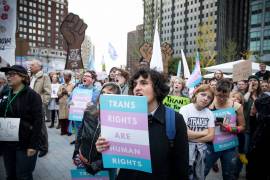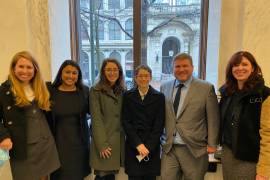Today, U.S. Reps. Joseph Kennedy (D-MA), Robert C. “Bobby” Scott (D-VA) and more than 50 co-sponsors re-introduced the Do No Harm Act, a long-overdue correction to the federal Religious Freedom Restoration Act (RFRA), which amends the law to clarify that it does not permit the use of religion to discriminate, impose religious beliefs, deny others specified goods or services, or inflict dignitary or other harm on others.
Since long before the LGBT civil rights movement even started, our communities have been targeted by religion-based condemnation and denial of equal opportunities. In recent years, too many of those who oppose the equality and inclusion of LGBT people have misused religion in their demands for exemptions from rules that should protect everyone at work, at school, in medical offices and in social services.
As the Supreme Court’s Hobby Lobby decision, other federal cases, and the tidal wave of state-level discriminatory religion bills all show, the federal RFRA law absolutely needs this fix. Congress never intended RFRA to become, perversely, a tool for imposing religious orthodoxy and discrimination. The Do No Harm Act is an urgently needed course correction.
The Do No Harm Act amends the 1993 RFRA law by confirming that RFRA-based rights do not justify harm to others. It identifies contexts in which the religion law cannot be used to justify violation of other federal laws and rules that protect others. These include: federal anti-discrimination and equal opportunity laws, child labor laws, workplace compensation laws; provisions of the Affordable Care Act; and rules governing access to goods and services paid for by federal taxpayers to assist members of the general public.
Three years ago, in Burwell v. Hobby Lobby, the U.S. Supreme Court in a 5-4 decision dramatically reinterpreted RFRA in multiple ways to permit many large, for-profit businesses to claim federal religious rights — an alarming ruling that allowed such businesses to exclude birth control from the essential health care plans they offer their employees under the Affordable Care Act (ACA). Lambda Legal’s friend-of-the-court brief laid out the serious threats to LGBT people and everyone living with HIV that flow from the business owners’ aggressive religion-first legal theories.
Then this past year, in EEOC v. RG & GR Harris Funeral Homes, Inc., a federal trial court in Michigan cited RFRA in allowing a for-profit business to claim a religious right to fire its long-time funeral director when she came out as transgender and began her gender transition. Lambda Legal’s friend-of-the-court brief explained why religious rights must not be inflated to block the federal law against sex discrimination.
Lambda Legal has represented LGBT individuals and same-sex couples in cases involving services ranging from haircuts to vacation lodging to health care, in which businesses have claimed religious rights to violate state nondiscrimination laws. And we have participated in a series of state cases – including cases about cakes, flowers and event venues – to document the larger legal and historical context, and the emotionally devastating harms, when businesses have claimed religious rights to turn away same-sex couples, refusing them wedding-related goods or services in defiance of state nondiscrimination laws.
The broad spectrum of these religion-for-discrimination cases shows the absurd inflation and distortion of religious rights demanded by these business owners, and the breadth of potential consequences for everyone else. The cases represent an enormous overreach by those engaging in commercial activity – offering goods or services broadly to the general public, but then singling out some people for discrimination.
Our Supreme Court brief in Hobby Lobby and other legal briefs consistently have documented the increasing and dangerous extent to which religious exemption claims are being pressed to justify discrimination against LGBT people and people living with HIV. We also have documented the health impacts and other harms caused by such discrimination. We will make sure these issues are in a bright spotlight when the Supreme Court takes up the Masterpiece Cakeshop case later this year, just as we do when challenging state laws that explicitly allow religion-based discrimination.
This alarming legal landscape makes all too clear why the federal RFRA law must be amended as the Do No Harm Act will do, to prevent that law from being used to justify discrimination and other harmful conduct contrary to basic nondiscrimination and professional standards. For those who hold dear the religious freedom concepts that inspired our Founders, this bill should be a welcome reaffirmation of the do-no-harm-to-others principle that motivated passage of RFRA in the first place back in 1993. The fast-growing movement of those misusing religion for discrimination shows the urgent need for Congress to reaffirm that principle as a national commitment by passing this bill.





